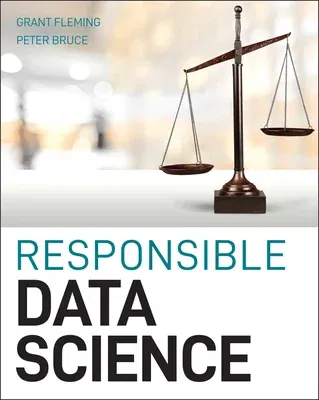Explore the most serious prevalent ethical issues in data science with
this insightful new resource
The increasing popularity of data science has resulted in numerous
well-publicized cases of bias, injustice, and discrimination. The
widespread deployment of "Black box" algorithms that are difficult or
impossible to understand and explain, even for their developers, is a
primary source of these unanticipated harms, making modern techniques
and methods for manipulating large data sets seem sinister, even
dangerous. When put in the hands of authoritarian governments, these
algorithms have enabled suppression of political dissent and persecution
of minorities. To prevent these harms, data scientists everywhere must
come to understand how the algorithms that they build and deploy may
harm certain groups or be unfair.
Responsible Data Science delivers a comprehensive, practical treatment
of how to implement data science solutions in an even-handed and ethical
manner that minimizes the risk of undue harm to vulnerable members of
society. Both data science practitioners and managers of analytics teams
will learn how to:
- Improve model transparency, even for black box models
- Diagnose bias and unfairness within models using multiple metrics
- Audit projects to ensure fairness and minimize the possibility of
unintended harm
Perfect for data science practitioners, Responsible Data Science will
also earn a spot on the bookshelves of technically inclined managers,
software developers, and statisticians.

